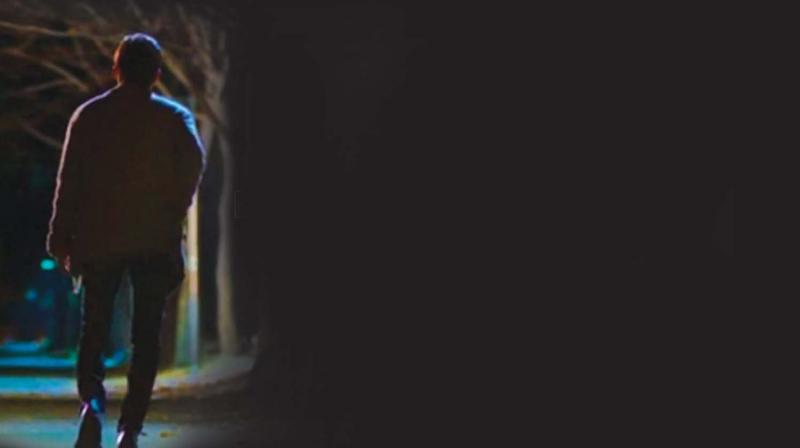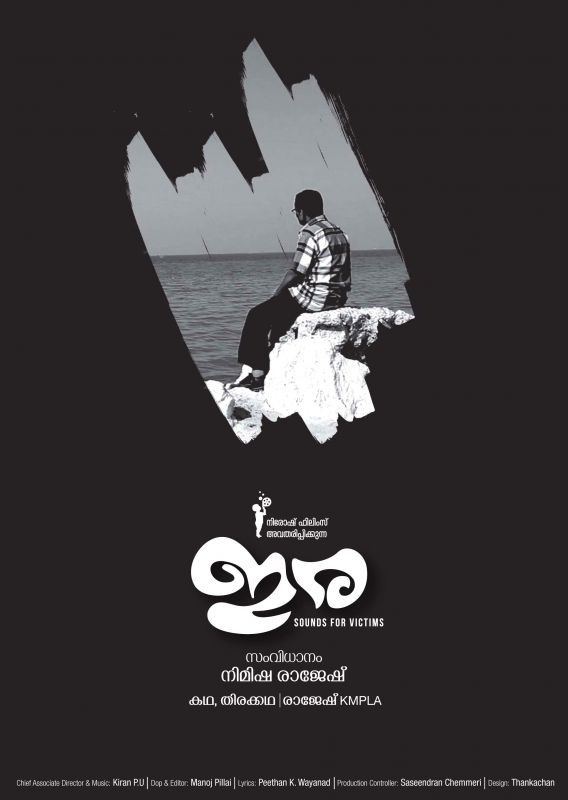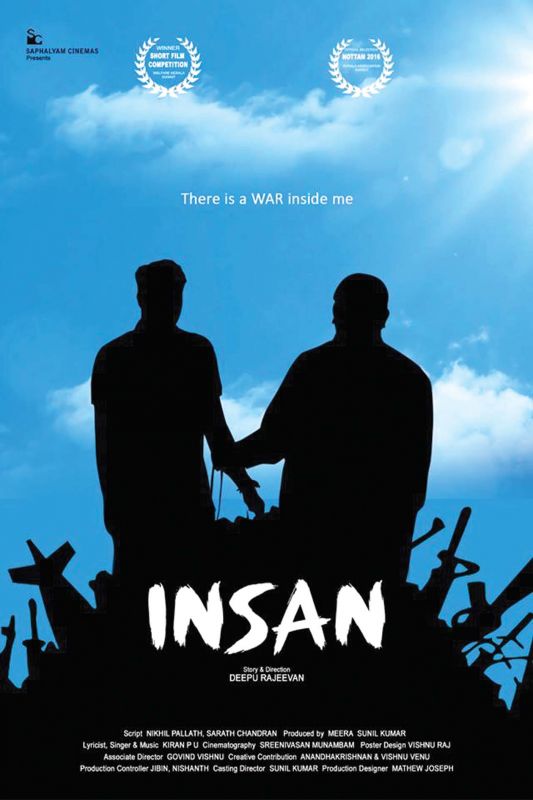The ajnabi life
Films by Gulf Malayalis at the ongoing IDSFFK show the harsh realities that expat workers go through while working in Gulf countries.

A couple of years ago, when this reporter was introduced to a Mumbai stand-up comedian as coming from Kerala, he quipped, “Really, are you sure it is not from the Gulf?” That is the reputation Malayalis have earned through the 1960s and 70s when young men flocked visa centres to get a ticket to ‘the Gulf’, and secure their lives and careers. Well, lives more than careers. Often enough, plush jobs with an air conditioned office and a high rise apartment were not what awaited them. Lal Jose got it pretty much right when he showed a bunch of men sharing the same room and same worries about the people back home in his 2008 film ‘Arabikkatha’.
But most often we (Malayalis back home) picture the wrong image of a life full of comfort, feels Nimisha Rajesh, a Kuwait-based Malayali who made a short film called Ira on life in Kuwait, drawing parallels with the life back home. Hers is one of the six films in a category dedicated to films made by Gulf Malayalis at the 10th International Documentary and Short Film Festival of Kerala, being held in Thiruvananthapuram. “Most people back home think we all have a posh life here. There are so many expatriates and a good percentage of them Malayalis. There are high profile jobs for sure, but quite a lot are migrant labourers. Like the many migrant labourers in Kerala,” she says. Her film begins with a tribute message to Kailash Jyoti Borah, a migrant labourer who was tied up and beaten to death in Kottayam, after being accused of theft. “They didn’t even give him water when he pleaded for it in his dying breath.” Nimisha is trying to connect that image to the similar fates that Malayalis, as migrants, face in the Gulf countries.
One part of Ira is about Jose ettan, an elderly man who, after years of toiling away in a Gulf country, has just got the papers to go back home. The other part shows his son Roshan, who, like the real-life men that beat up Kailash, attacks a migrant worker with friends. When the old dad comes to know of this, he cries but refuses the idea of approaching lawyers. “Like us, the victim would have had a lot of hopes and dreams right? Beyond that... that orphaned family. We also sailed the seas with high hopes. My son is a culprit. What is the purpose of our life if we cannot stand with the victims?” Jose ettan asks tearfully, before he too, on the roads of a foreign country, comes to a similar fate as the man his son killed.
“That is a very real problem here. A lot of us are attacked on the roads, robbed or injured or killed. Even I had experienced such abuse. Once when I was walking on a street and two young Kuwaiti guys came in a car and grabbed my hand. But then my husband came to the rescue and they drove away,” Nimisha says. A friend of hers – a nurse – was hacked with a knife for money. Filming was also not easy. “It is difficult to shoot outside. You need special permissions. Once the police saw us and took my husband (who wrote the script) and our cameraman away. They deleted the entire part we shot outside and we had to reshoot it at another private place with permission.”
Sajeev Manthanam, another Kuwait Malayali, too went through a lot of troubles to shoot his film Journey Back. “There is a scene with a taxi and we had trouble with the police, but then it got sorted out. We take a lot of risk to make these films,” says Sajeev, who has made four films in three years. He had assisted in TV serials when he was in Kerala, before shifting base unexpectedly. The subjects of his films are the real-life incidents that he and his friends encounter in the Gulf. “Not like the hearsay we use to make films about the Gulf Malayali back at home, we actually go through this.” In Journey Back, Sajeev paints the picture of children growing up in Gulf countries, spoiled and with their every wish granted, not realising the struggles their parents go through.
Deepu Rajeevan’s Insan, another film at the fest, is about a man with right-wing politics going to the Gulf and sharing a room with a Pakistani. “He realises then that love conquers all borders and that the human mind has no boundaries,” says Deepu, who has been working in Kuwait for the past three years. He makes films with his theatre group called Wild Frames. “There are struggles but then they are not the same kind. Films made in Kerala sometimes show cliché themes like the loneliness of a Gulf Malayali, waiting for a letter from home. Now with internet and Whatsapp, that’s no longer true. The embassy is also very helpful.” These films are not all about troubles in a distant land; they are just the everyday life that Gulf Malayalis go through quietly for years, while miles away, we know so little.



